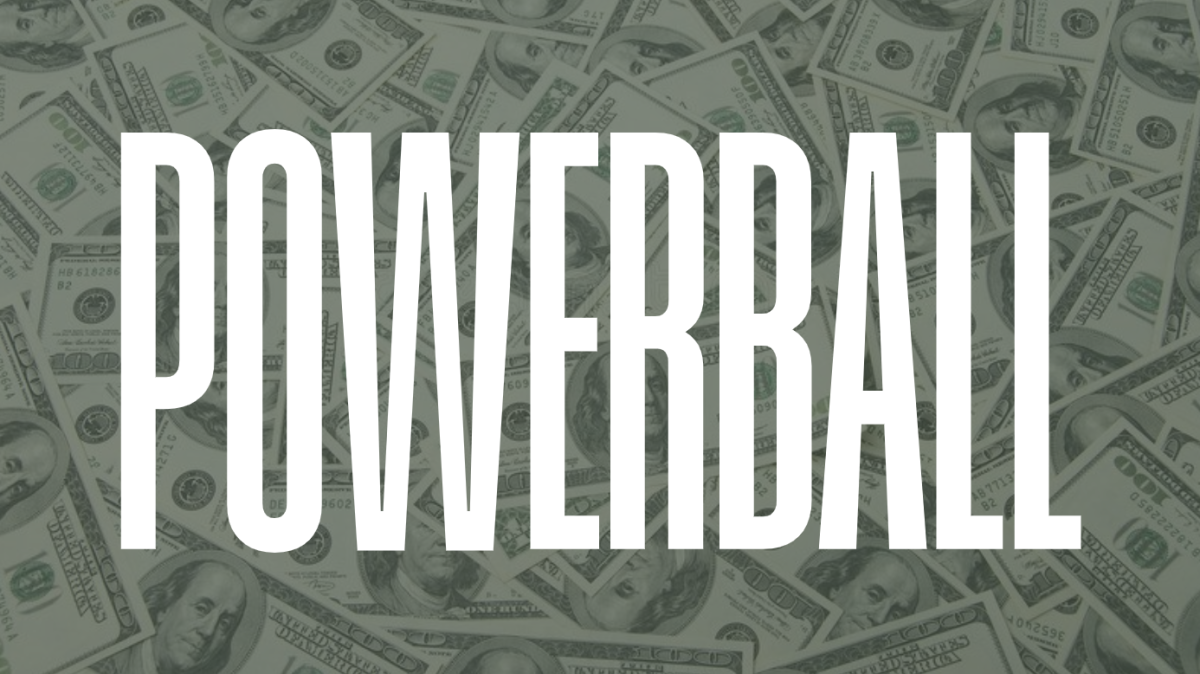As of today, the odds of winning the Powerball jackpot in New York are listed by the official New York Lottery website as one in 292,201,338. For the lucky victor, the jackpot will payout at $64 million, the kind of money that would allow most of us to leap up several dozen tax brackets. The chances of a hit are practically next to nothing. However, the Powerball and other lotteries still raise billions of dollars for the state of New York and others, and remain a potent yet slowly dying facet of modern American capitalism. In a society built on the concept that societal worth is tied to a person’s financial capital, lotteries like the Powerball offer an entertaining but fleeting fantasy where we may envision ourselves as overnight multimillionaires.
For those who seek the Powerball as a form of entertainment, its appeal is somewhat akin to a less risky, possibly rewarding, form of gambling. In an assessment of potential risks and rewards, a Powerball ticket buyer has a good chance for financial gain should they win, and only the small loss of a two-dollar ticket upon losing. National Public Radio’s (NPR) scientific podcast “Short Wave” has discussed the human brain’s capability to properly comprehend extremely large and small numbers, like those involved in lottery odds, as being generally poor. Our brains have evolved extreme problem-solving capabilities that have allowed our species to survive and thrive, but have not been evolutionarily geared toward pure computational prowess. Indeed, much of the Powerball’s entertainment value relies on the naturally non-objective nature of our brains. While a buyer may logically comprehend that their lucky numbers of choice are practically guaranteed to miss, the understanding that one winner must be chosen from the lot allows room for hope to take root. For as long as the number hasn’t been called, the Powerball buyer is free to engage in hypotheticals regarding the spending of their potential earnings.
In modern post-industrial America, citizens have been raised with the notion that a person’s wealth is defined by their willingness to apply their efforts for financial gain and “pull themselves up by their bootstraps.” As such, it has become easy to directly associate financial success with general success in life. Similarly, Americans who are struggling with various aspects of their lives, whether personal or economic, may see money as a magical cure for their issues.
Purchasing a Powerball ticket with an understanding of the odds can be an entertaining and ultimately harmless expense, but there are some who may fall victim to the promises that potentially winning the lottery holds. While perhaps not directly malicious, the Powerball system is designed for predation upon people’s hopes and wishes for an instantly life-changing amount of money. In an analytical article by CBS News’ MoneyWatch, they found that in Massachusetts, the top 10% of individuals purchasing lottery tickets accounted for roughly 40% of lottery-based income. The same article also shared findings that the highest density of lottery ticket sales was generally made in lower-income areas. Within these areas, people may be looking for a reprieve from the stresses of daily life or for a potential method of making some quick money.
In data published by Lotto.com, a website designed for purchasing lottery tickets online, “single Americans spend less on the lottery than persons with spouses or children.” The site continues to provide a potential explanation for this tendency, citing that individuals belonging to families may seek the lottery as a means of providing for their loved ones. For these people, participating in the lottery is not merely about entertainment but rather stems from the desire to provide aid and financial security for loved ones.
Lotto.com additionally published information about lottery demographics, stating that individuals aged 30 to 64 constitute the largest demographic of lottery participants, with individuals aged 50 to 64 spending the most on average out of any demographic on a weekly basis. Younger demographics, including young millennials and members of Generation Z, may be finding alternatives to traditional lottery gambling. A 2022 survey by Leger provided some evidence that these younger generations are increasingly less engaged with traditional gambling via the lottery system, and instead are turning to alternative forms of dopamine-inducing entertainment like mobile and console gaming. With the widespread availability of video games, it is possible that the lottery will eventually see a decline in new participants as young people increasingly engage with the video gaming industry. Additionally, online betting has become more popular with these younger generations, providing an anonymous and highly accessible form of gambling through internet access. A news article by the University of Michigan shares survey data from parents, discussing the idea that many parents may not be aware of their children’s online gambling habits or may not have a reasonable means to discover such habits due to online anonymity. The lack of regulation for such gambling, while perhaps concerning, could offer an alternate explanation for the lower representation of younger generations in traditional lottery gambling. Anecdotally, several of my close acquaintances participated in dubiously legal online sports betting throughout middle and high school with little to no repercussions.
The Powerball is a relevant facet of American capitalism. In spite of its decreasing popularity among younger generations, the allure of instantly gaining extreme financial capital has remained through modern interpretations of small-scale gambling. The Powerball and other forms of lottery, while at times entertaining, also tend to prey on the insecurities and wishes of citizens in order to remain afloat. Participation can be an entertaining experience, given that the individual understands the less-than-favorable odds before handing over their money.
Aaron Rodgers, FCRH ’29, is an engineering physics major from Ellicott City, Maryland.









































































































































































































